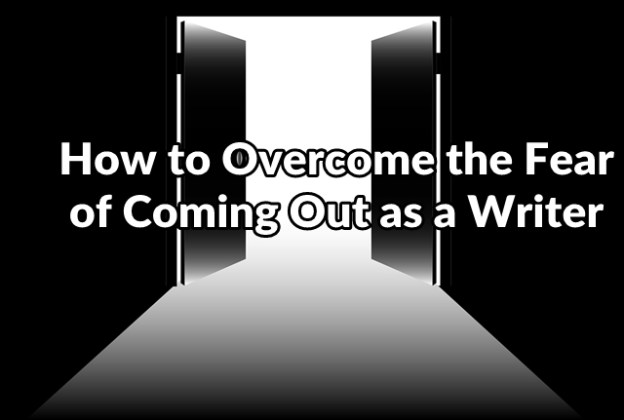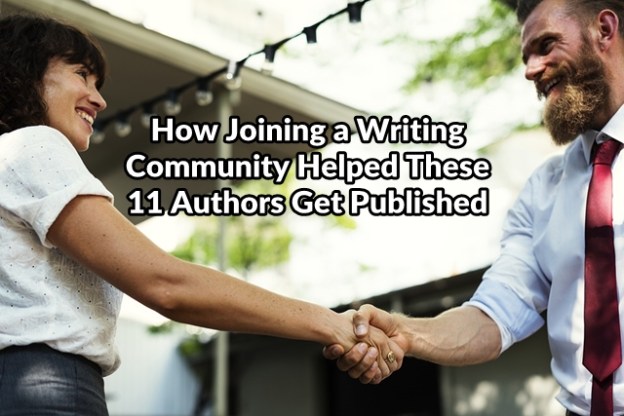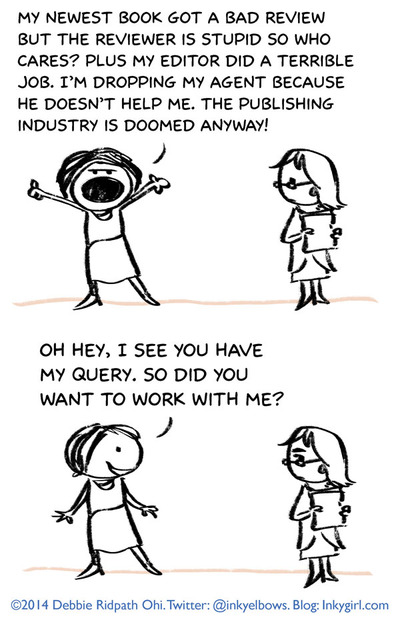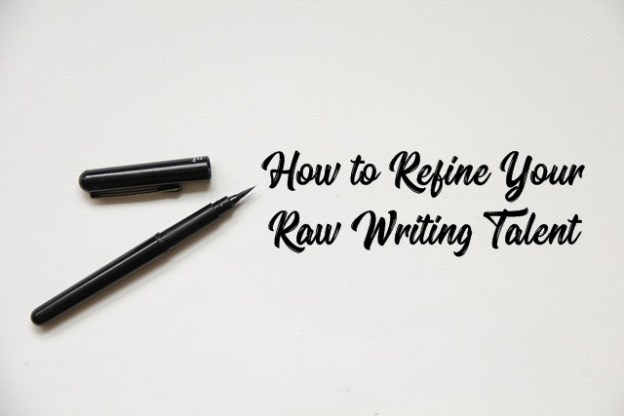Much like the world of publishing, book promotion is constantly changing and with it, so are the services offered by book promotion companies. What may have worked just a few years ago doesn’t have quite the same impact today. I know from experience that the surge of books we see every day in the marketplace has a real effect on how various programs work. Today’s book promotion services are less about what you’re marketing in the moment and more about the foundation you’re creating.
So, what’s working in book promotion now? Surprisingly, it’s not at all what you would expect. Let’s take a look:
Email Newsletters: While it may seem really basic, unlike social media, email newsletters are an effective way to make a direct connection to your readers. We think of social media as the main way to reach our audience but in reality, it’s not as direct as we’d like it to be. And sending an email newsletter is actually a lot easier than say, managing a bunch of social media platforms. (Here’s a guide for getting started.)
Your Reader Fan Bases: Book publishing is rapidly growing and with around 4,500 books being published daily, it is crucial to build supportive reader fan bases. In the past, we’ve relied on the blogger market to help promote books but with such fierce competition, it is getting harder and harder to get attention. What remains steadfast though is your readers. Building excited and engaged reader fan bases is a fantastic way to build momentum for your book and letting readers help you with your book promotion by posting reviews and sharing your book release on their social stream. (Want to build fans and superfans? This article shows you how.)

Going Local: Many authors approach book promotion with the goal of reaching a national audience through big media. What shouldn’t be overlooked though is local media. Local media loves their local authors and can be a great launching pad for long-term success. It isn’t that you aren’t worthy of the national spotlight, but national media is harder than ever to get. Also, many bigger media outlets use scouts who research local stories that are gaining momentum, so making waves in your local market can lead to national exposure.
In addition to local media, you may also consider doing local events, whether at a library, bookstore or gift fair. And don’t forget non-bookstore markets like boutiques, coffee shops, and other area businesses that might be interested in your topic. (Here’s some more great advice on positioning yourself when it comes to media.)
Expanding Your Goodreads Presence: Goodreads is growing by leaps and bounds and with each month that passes, it gets more robust. Now more than ever, it’s imperative to get set up on Goodreads and start networking with genre-specific groups. More than any other social networking site, Goodreads is geared toward and caters to readers. Start by being a reader. Being more involved in networking and socializing and less on being the pushy marketer will garner you much more attention and will sell you more books in the long run.

Smart eBook Pricing: Digital clutter is changing the trends of ebook pricing. While price discounts and specials are good, that isn’t smart book pricing. As an example, book pricing at launch can be slightly lower than what your regular pricing might be, as even a dollar discount can give your book a helpful bump. But eBook pricing should still be weighed against what the market will bear. I also advise against pricing an eBook over $9.99, especially if you’re just starting out. As a new author, remember that readers are taking a chance on you and might be more inclined to purchase if your book’s price feels more like an impulse buy.
Amazon Book Page: It’s easy to get outwardly focused on book promotion and forget about the all-important landing page we are sending our readers to – Amazon! Your book page on Amazon should have a clear description with white space and no paragraphs crammed on top of each other. I also recommend using your Author Central Page to enhance your book page. With Author Central, you can add reviews, an author interview, or book experts. Think of your book page as a sample of your personality with information to help the reader decide to buy your book. It can also be a terrific way to drive more reader engagement on your page.
Amazon Advertising: I had some challenges with Amazon ads (also referred to as AMS ads) when they revamped their platform and the associated advertisement algorithm, but I’m happy to report that the platform has found its footing and the ads are improving. As a guideline, you’ll want to have 400 keywords at a minimum. Start your ads at $10 a day in budget and no more than .50 cents per click until you get a sense of how the various keywords are doing.
AMS ads are great to do at campaign launch, starting them a week before the book launches if it’s on pre-order. You can also use them to promote pricing strategies, lowering the book price for a few days to coincide with an eBook promotion.

Keeping Your Social Media Footprint Small: When you try to be *everywhere* on social media, it’s hard to be engaged on all the sites, all the time. And in an age of fake followers and fake accounts, engagement matters. Even if their numbers are small, the user with the most engagement far outperforms the ones with millions of followers. This doesn’t mean less work though – you’ll still need to put the effort into the site you decide to be on. Engaging readers on one social media platform in a consistent and fun/informative/helpful way is a far better book promotion strategy than trying to be everywhere. As I always say: it’s not about being everywhere, but everywhere that matters. (For more ideas on integrating social media into your marketing, try this.)
Knowing Your Audience: Many authors I speak with have no idea who their actual reader market is. When I ask them, they’ll often say: everyone. You know who markets to everyone? McDonald’s, Apple, Amazon, Microsoft, etc. But they didn’t start out focused on everyone. Amazon, for example, started out as a book site, reaching readers. It wasn’t until they built a base of readers that they began expanding out into other things. Knowing your audience is not only important when you’re writing your book, but absolutely crucial when you’re trying to market it. Zeroing in on your core reader, specifically, is key to any successful book promotion campaign. (Need help finding your readership? Try this article.)
While book promotion can seem like a daunting feat, it doesn’t have to be. By focusing your efforts into smart strategies that are tailored to your book and your audience, a successful marketing campaign can be just around the corner!
By
Source: writershelpingwriters.net
Visit us at First Edition Design Publishing












